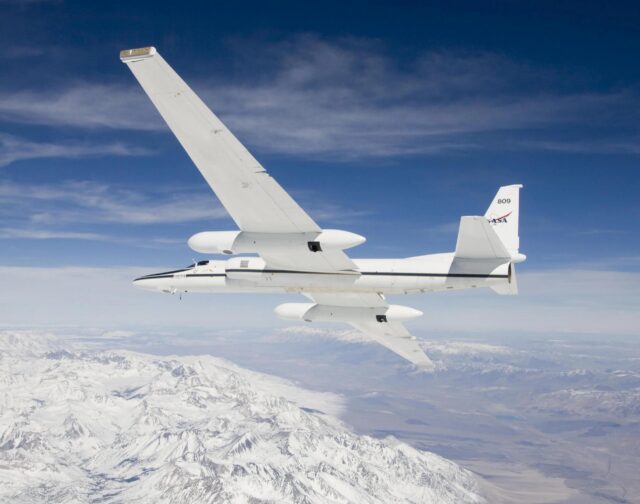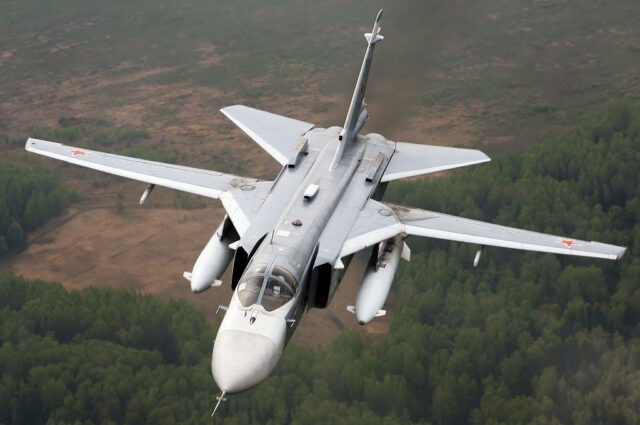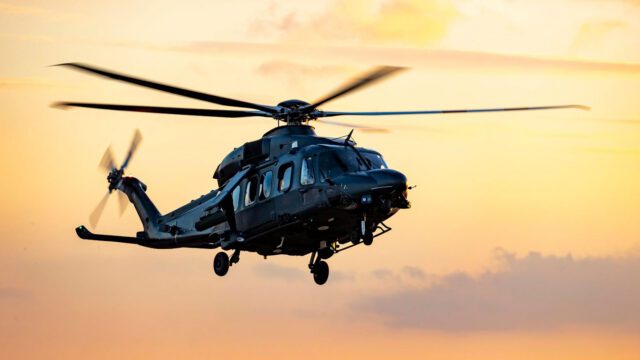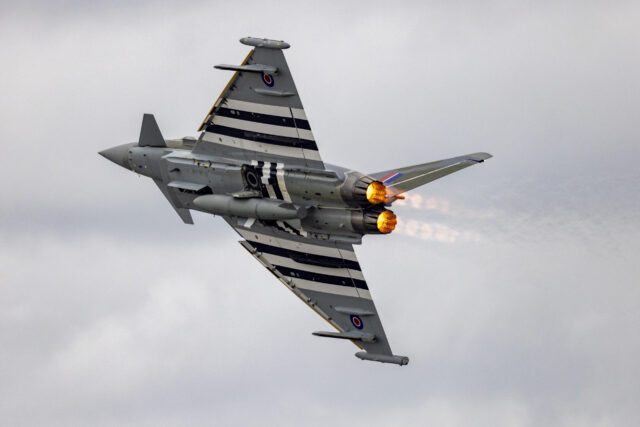Airbus teams uncrewed Primoco UAVs to fly autonomous joint surveillance missions
February 14, 2025

On 5 February 2025, Airbus and Primoco (a leading manufacturer of medium-sized UAVs) announced that the two companies had demonstrated how Airbus’ teaming intelligence software could be used to autonomously and dynamically manage a group of uncrewed aerial vehicles (UAVs) in real time, during a recent test flight campaign. This software enables scalable and extendable platform-agnostic teaming and allows operators on the ground or pilots in crewed aircraft to operate multiple UAVs simultaneously. This frees them from more tedious tasks and allows them to focus on mission objectives.
The demonstration was undertaken at the Czech airport of Písek-Krašovice.

During one scenario, operators at the Airbus ground station sent two Primoco One 150 UAVs to a predetermined target area. Airbus’ teaming intelligence software assigned each of the UAVs its own surveillance area. Using AI-based automatic target recognition (ATR) software by Airbus, both aircraft were able to detect threats simultaneously. One of the uncrewed aircraft then localised a threat and sent the geodata of the opposing air defence system along with an alert to the ground station.
In a second scenario, each of the uncrewed aircraft were given separate tasks. One UAV was responsible for monitoring the target area and detecting threats with Airbus’ AI-based ATR. The other loitered in the background on standby. As soon as the first UAV detected an enemy threat, it used the teaming software to task the second UAV to identify the threat (an enemy air defence system) with Airbus’ AI-based ATR and report it to the operators at the ground station. Meanwhile, the first UAV continued monitoring the area for suspected threats.

In the demonstration, Airbus and Primoco also successfully tested the integration of third-party applications other than Airbus’ own ATR. As the focus was to demonstrate the scalability of the teaming intelligence software to any UAS independent of manufacturer and its extensibility to other applications, the response to the threat was not part of the flight tests. However, the threat could have been neutralised by a fighter using targeting data from the UAVs.
Following the successful demonstration in Písek-Krašovice, Airbus is now working on the next steps: to further mature its teaming intelligence software as a product that can be installed on any fixed-wing, rotary-wing, crewed or uncrewed aircraft, and to allow the integration of third party software components including automated target recognition systems. This will also enable teaming intelligence to be used outside combat applications, for critical infrastructure inspections, for example.
In previous flight test campaigns, including one conducted in 2022, Airbus demonstrated the large-scale interaction of multiple crewed and uncrewed platforms, known as Manned-Unmanned Teaming (MUM-T), or Crewed-Uncrewed Teaming (CUC-T). In October 2024, Airbus and European partners also demonstrated how helicopters and uncrewed systems from different manufacturers could work together. Applying MUM-T to manufacturer-agnostic crewed and uncrewed platforms will help to increase the number of sensors and effectors available within a future combat air system.
















